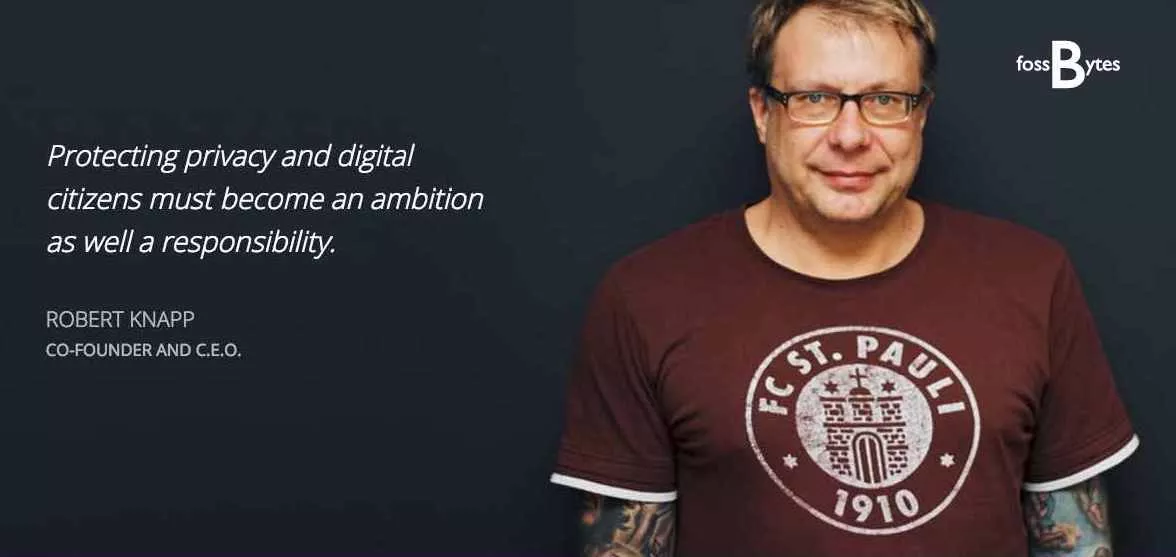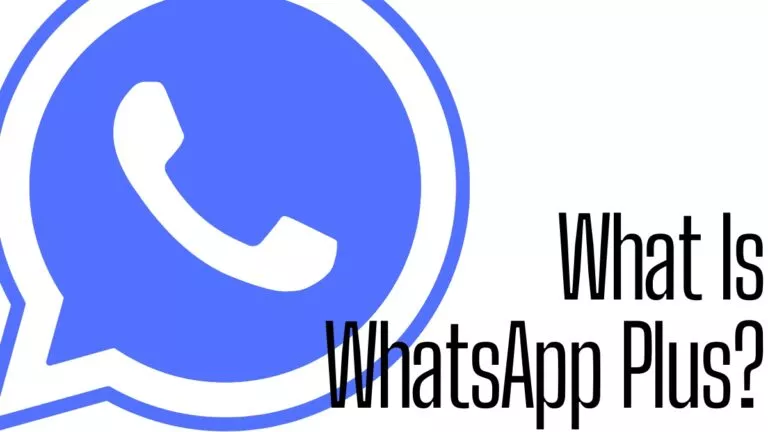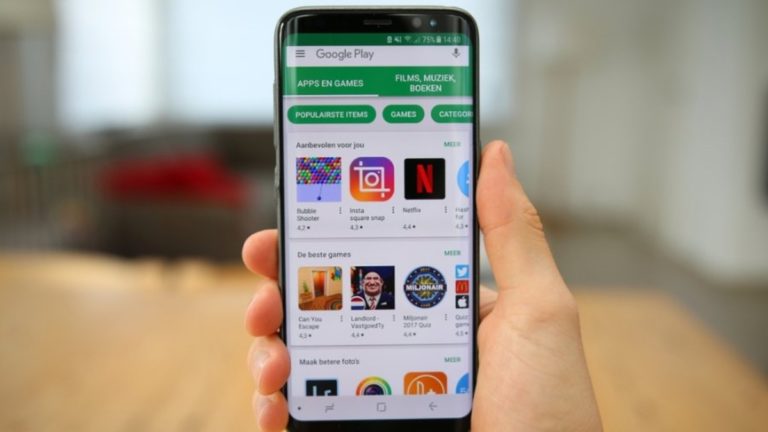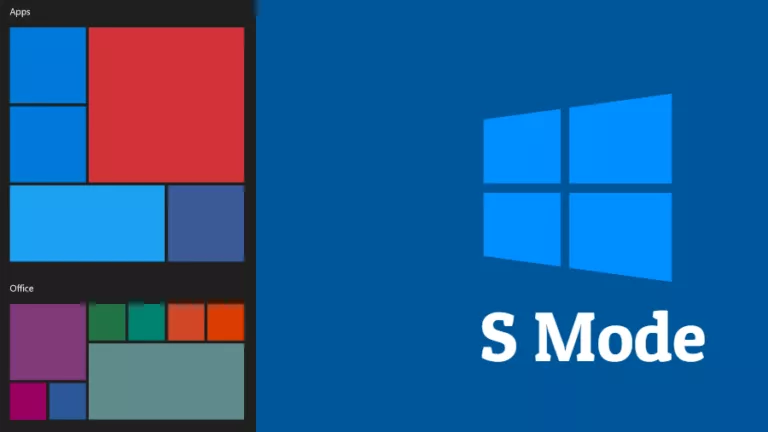Exclusive: CyberGhost VPN CEO Robert Knapp Talks About Privacy, Whistleblowing, And Ad-blocking


Romania-based VPN service Cyberghost is known for its distinctive service that derives inspiration from its slogan “Reboot the Internet”. This team of highly motivated experts provides its service to more than 7.5 million users with an aim to make cybersecurity your top priority. Apart from the paid plan, the company offers a great free VPN plan and lets you use your own free web proxy as well.
- What are the daily challenges you face as CyberGhost CEO?
The challenge remains to fulfill our mission to provide to everyone in the world an unrestricted access to information and protect their privacy. As we started CyberGhost VPN, it was a small project used by a few thousand people, now we are a company with 30 employees in two countries, Romania and Germany, and millions of users worldwide. We are constantly growing, hiring new staff, adding new servers and improving the user experience. Not to screw up is still the main daily challenge.
- What are the future plans of your company?
The plans for the future are to develop CyberGhost VPN to the leading “Privacy as a Service” company that encrypts metadata, communication and content to protect our users privacy. We will also grow our third party integration business. As we have a fully functional API, our technology can be used, and is already used, by any third party who wants to offer a VPN, or implement VPN into own products.
- What are your views on current state of online security and the risks you are expecting to witness in 2016?
In 2015, 38% more security incidents were reported than in 2014. Some of them have been the headlines of major media outlets. The Ashley Madison hack revealed 37 million identities and intimate details followed by lawsuits proving the importance of data security and privacy. Last Pass hack in June 2015 is another example of how 7 million users can lose sensitive data and trust. Not only companies were affected by security breaches, the hack on the US federal records exposed the identity of more than 14 million current and former civilian US government employees.
2015 has also brought the first smart car hack as well as the first ransomware for Linux users. Also, 2015 was the year of ransomware attacks making 179,209 victims, counted only by security company Kaspersky.
Internet is everywhere, so are the lurking cybercriminals. It’s easier than ever before to hack into a Wi-Fi network. Protecting privacy and digital citizens is an ambition and a responsibility in 2016!
- What do you think about the current encryption debate and the efforts being made by governments to lure tech companies into opening backdoors in devices?
To implement backdoors would make us more vulnerable when those systems are subverted. A sophisticated terrorist organization will be thrilled at the presence of weakened encryption and backdoors into encryption. They would use that against us.
But more important than that, even if there would be a scientifically provable way to implement backdoors and we would give governments the key, they have already proven that they are incapable of keeping that secret key safe. The US Government, for example, was not able to protect the database of detailed personal information about its own employees from theft by another nation state. The Office of Personnel Management’s systems were breached and the report (called Form SF-86) for every federal employee who had requested Top Secret Security clearance was copied and stolen. Governments are not trustworthy when it comes to keeping a secret.
- There are very limited whistleblowing laws around the world that protect the whistleblowers and there’s a very thin line that makes things illegal. What do you think?
Just around a dozen countries worldwide have comprehensive whistleblower protection laws in place. It seems we need more time to talk about what whistleblowing means in a legal context. We need to define whether and when whistleblowing is permissible, and whether and when one has an obligation to blow the whistle. I personally see that from a perspective of being a citizen. The problem we face is that rather than acting openly, governments often choose to discuss, decide and act behind closed doors. Therefore, a state employee, who is at the same time a citizen, has to have the right to expose any kind of information or activity that is deemed illegal, unethical, or not correct within the government. The disclosure of information is finally the biggest challenge, because is has to be done in a way that there is no individual harm for people who are involved.
- The rise of ad-blockers has seen an unprecedented rise in the last 2-3 years. What’s your take on the current ad-blocking debate?
The rise of ad-blockers shows that the era of the “free” internet is about to end. And that is a good thing because using products for free always means that the user, means all of us, will end up being the product that is sold to advertisers. Now we have to work on alternatives to pay creators for their services. With Bitcoin, we see the rise of a new internet protocol for money. Maybe Bitcoin is able to step in, in a few years.
- Any general piece of advice to a common internet user?
Unplug the wire as often as you can, stay away from the keyboard, meet the people that matter to you and have a good time.






